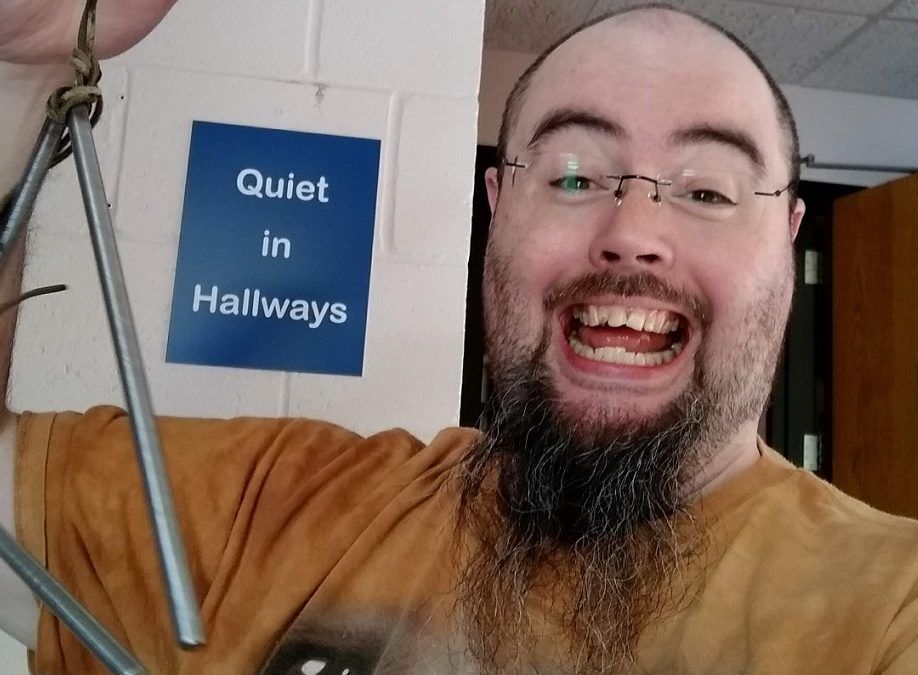Question: “Has anyone mastered the art of expressing a disappointment to your partner when feeling disappointed by them without making it seem like a complaint or making your partner wrong?” B.V.
Brenda: Yes! Studies show we need to hear upwards of 10-times more positive feedback than negative feedback. So I try to catch my husband doing things “right” — what I appreciate, how he approaches things, problems he solves, compliments he gives me (e.g., my heart lit up when you said that), and so on. With this praise, he starts focusing on what he can do to please me and be validated by my reaction.
Then, when something does come up that’s an issue that I want to address with him, I use the following approach.
- I pick a time and place when neither of us is busy or distracted.
- I use an “I statement” — and make sure to phrase it as a hope or desire for the future (not a reprimand for the past) and express how I would feel (positively) if this occurred in the future.
For example, I felt disappointed when I saw the trash was still in the house and not at the curb. My hope and desire would be to see it at the curb by __X_p.m. on trash days, which helps me to feel reassured and confident that it’s out there on time for pick-up. Knowing its out early is a real stress-reliever for me.) - You can see that I focus on the behavior / action, making it a request (not a demand) and NOT say that HE is a disappointment.
With this approach, though, there’s no guarantee the behavior will change — we all have free will — and we can’t change our spouse/SO (we can only change our own actions, responses, behaviors, etc.). However, if and when my husband does make a change (and he typically does when I use this form of communication), I acknowledge and validate anything that’s in the general direction of said hope/desire (like that game where you’re “getting warmer” instead of “getting colder” to the “sweet spot”!).
When he makes any attempt, no matter how small, not only is it positive feedback for me that I’m communicating more effectively and positively with him, it’s also an expression by him that he’s making an effort to align and seek unity with me. Therefore, I want to build on this effort.
To that end, to help me be a better spouse to him, sometimes I straight out ask him: “I’m thinking there’s a better way I could have expressed my hope/desire; I want us to be successful in communicating about this topic, so what could I do better when speaking about it with you.” Then I LISTEN to what he says — don’t react or take it personally (regardless of what is said) — and say, “Thank you for sharing your thoughts.”
Many times we are willing to give co-workers, friends, or others the benefit of the doubt — or think the best of them — treating them with courtesy and positive intent, yet struggle to do so with our own spouse. It’s important to remember to treat your partner with the same respect, consideration, openness to and acceptance of feelings, and positive reinforcement that anyone would want to also receive from a partner. Good Luck!
Brenda Dow, Marriage Educator and Relationship Coach | https://brendadow.com/

